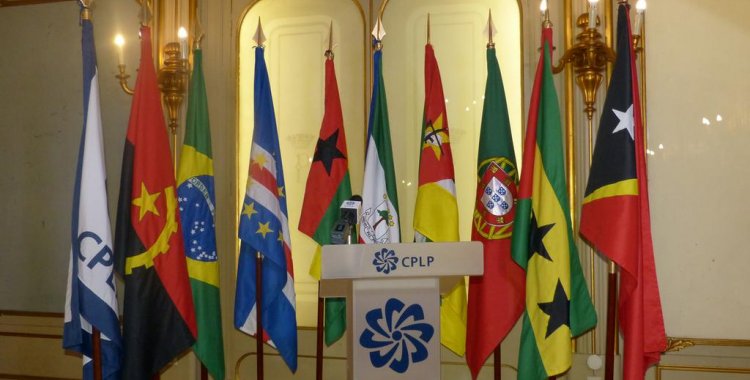Cape Verde, Mozambique, Portugal and São Tomé and Príncipe have already ratified the agreement - the main banner of the Cape Verdean presidency of the organization, which ended in July -, allowing the treaty to enter into force.
It will now be up to each country to legislate specifically on how it will facilitate the movement of citizens from signatory countries.
The Portuguese Prime Minister, António Costa, delivered on Thursday, in Lisbon, to the executive secretary of the CPLP, Zacarias da Costa, the instrument of ratification by Portugal, considering that "this is no longer an agreement", but rather " a very important act of political affirmation".
"Our borders are well established. Now what matters is really to open the doors that allow our peoples to circulate in the same linguistic space, in the same space that is familiar to them, as in another country", said António Costa, who challenged the other Member States to ratify the agreement.
With the ratification formalized by Portugal at the CPLP, the Agreement on Mobility could enter into force on the 1st of January next.
At the end of the ceremony in Lisbon, the minister of State and Foreign Affairs, Augusto Santos Silva, told Lusa that the agreement "implies some changes to Portuguese legislation", which will be made "as soon as the political and legal conditions allow".
In addition, Angola, a country that has held the CPLP's rotating presidency since the summit in Luanda in July, has also approved ratification of the document in the national parliament.
With this "good pace" of ratifications, the Cape Verdean ambassador to Portugal, Eurico Monteiro, one of the main actors in the negotiation of the proposal, approved on July 17th of this year, predicts that by the beginning of next year the majority of the nine States will be members have already completed this step.
According to the Agreement for Mobility, it will enter into force "on the first day of the month following the date on which three Member States have deposited at the CPLP headquarters, with its executive secretariat, the respective instruments of ratification, acceptance or approval".
It is then up to the Executive Secretariat to submit the agreement for registration with the UN Secretariat, pursuant to Article 102 of the Charter of the United Nations.
This is "the possible agreement", as the Cape Verde ambassador to Portugal and other political leaders of the Member States called it, but it is a starting point for the free movement of people and goods within the community's nine countries, which can lead states to gradually gain "confidence" in opening their borders.
It is a document that "establishes the framework for cooperation in matters of mobility of citizens of CPLP Member States and between these same States, through a flexible and variable system, which takes into account the relative particularities" of each of those countries, as it reads in your article first.
Therefore, each country will have to legislate, specifically, how it wants to implement this agreement in principle. In the Portuguese case, the prime minister, António Costa, admitted that it was easier for CPLP students, researchers and businessmen to enter.
Cape Verde already has a team working on a range of possible partnership solutions, explained Eurico Monteiro.
The agreement also safeguards the "international commitments of the Member States in terms of mobility, arising from regional integration agreements to which they are parties", as is the case of Portugal, which is bound by the European rules of the Schengen Agreement.
As for the mobility modalities, the foreseen ones are: short stays, temporary stays, visas and CPLP residence permit.
But the agreement already defines that CPLP mobility covers holders of diplomatic, official, special and service passports, as well as ordinary passports.
The issue of document security commits each signatory country, with each State obliged "to ensure, beyond any reasonable doubt, the veracity of the information attested in the documents they issue", reads the agreement.
In this context, the Mobility Agreement provides that all nationals of its Member States may apply for a CPLP visa and residence permit.
In the event that a "CPLP residence visa" is issued, each beneficiary will have "the same rights, freedoms and guarantees" as nationals of the host State and "the enjoyment of equal treatment (...), in particular as regards regarding access to education, the labor market and healthcare".
The CPLP residence permit allows citizens to reside in the country that issued the title, initially for one year, renewable for successive periods of two years.
In addition, the document provides for two other modes of mobility and visas, short-term stays, whose visas do not depend on prior administrative authorization, and temporary stays (with temporary visas), for all citizens of Member States. community, whether they are holders of diplomatic or common passports.
Angola, Brazil, Cape Verde, Guinea-Bissau, Equatorial Guinea, Mozambique, Portugal, São Tomé and Príncipe and East Timor are the nine member states of CPLP, an organization that celebrates its 25th anniversary this year.







